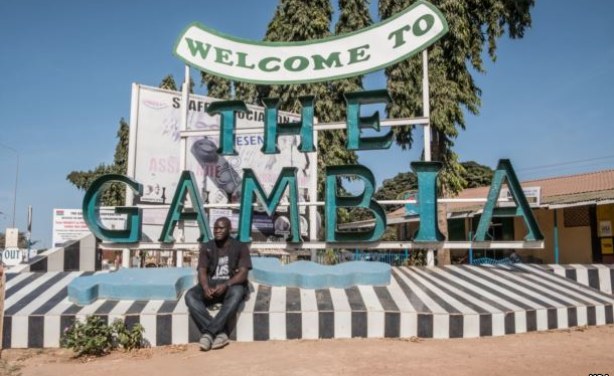
Adama Barrow, The Gambia’s new president, has vowed to reform the country’s notorious intelligence agency and promised to ensure media freedom in the country.
Speaking at his first news conference since returning to take office on Thursday, Barrow announced plans to rename the National Intelligence Agency (NIA), a dreaded secret police accused by rights groups of forced disappearances and torture under the control of former leader Yahya Jammeh.
Gambians ready to rebuild their country ‘from scratch’
Barrow told reporters on Saturday the NIA was “an institution that has to continue”, but with a different name.
“The rule of the law, that will be the order of the day,” he said, adding that training would be given to NIA’s operatives.
Name change
Barrow also said the country’s official name will no longer contain the word “Islamic”, which had been added by Jammeh in 2015.
The new president said The Gambia, whose population is 90 percent Muslim, with the rest Christian and animist, was a republic “not the Islamic republic”.
Jammeh, who ruled the small West African nation for 22 years caused a major political impasse by refusing to give up power after losing the December 1 presidential election to Barrow.
After weeks of pressure from regional players and the threat of arrest by West African troops, Jammeh eventually conceded defeat.
In his news conference, Barrow also said he would ensure press freedom in the country and said that his cabinet picks would have to declare their assets before assuming office.
He promised his cabinet would be named early next week so that he could “get the ball rolling”, adding he would receive the first comprehensive information about the state of the nation’s finances also on Monday or Tuesday.
Foreign help
Jammeh has been accused by a Barrow aide of taking $11m from the state coffers before leaving for exile in Equatorial Guinea, and diplomats have said the country was already in a precarious financial state.
Barrow’s first cabinet pick, Vice President Fatoumata Jallow-Tambajang , has caused controversy as she is allegedly too old to serve, according to current constitutional rules.
Asked about reform of The Gambia’s army, whose poor reputation is partly responsible for the presence of 4,000 west African troops to guarantee Barrow and the population’s safety, the president said he expected foreign nations to provide help.
“In the army, if we need technical aid, we will contact countries that are willing to help us,” he said.
There was “no time set” for the west African force to leave, Barrow added.


